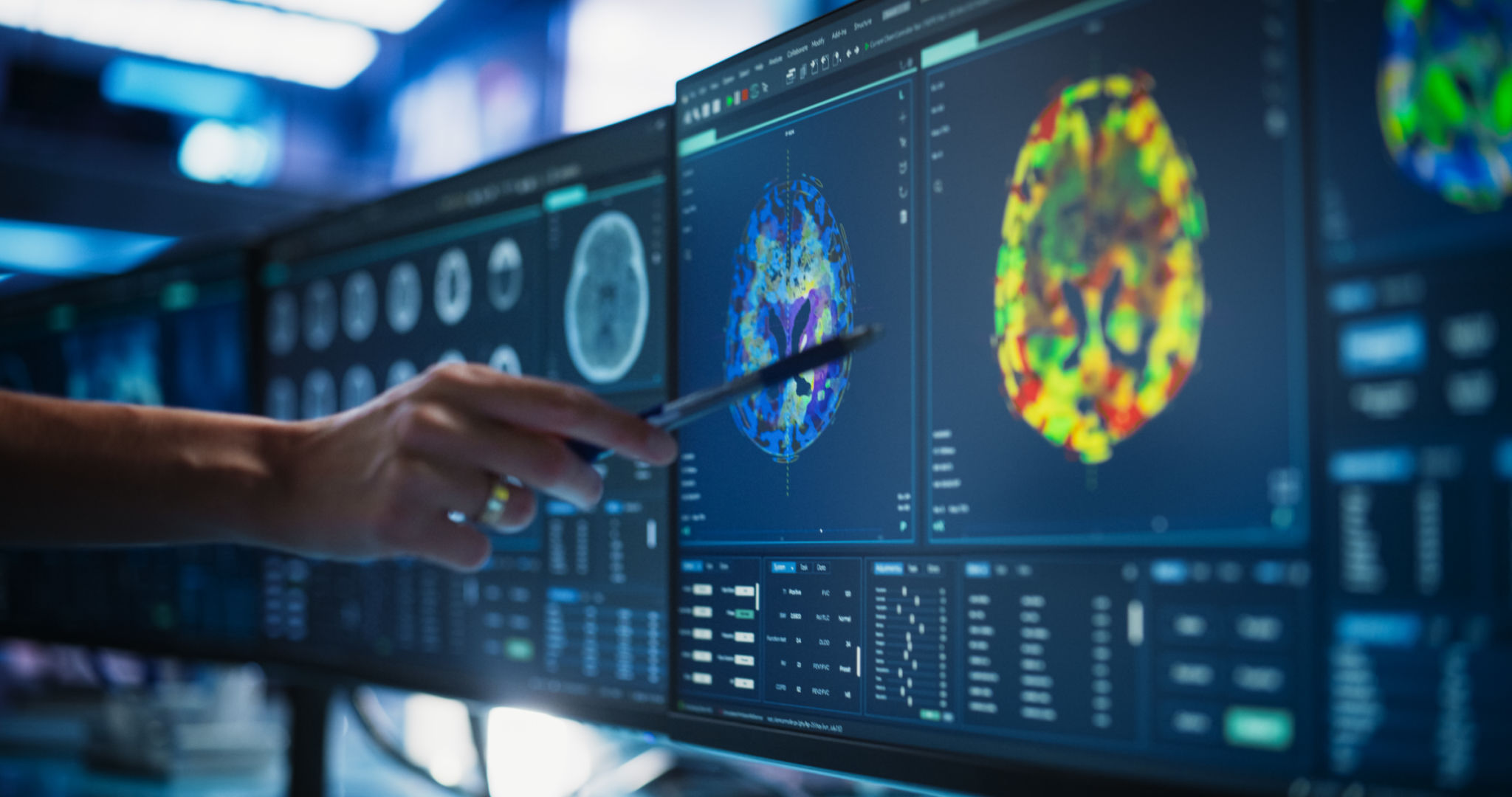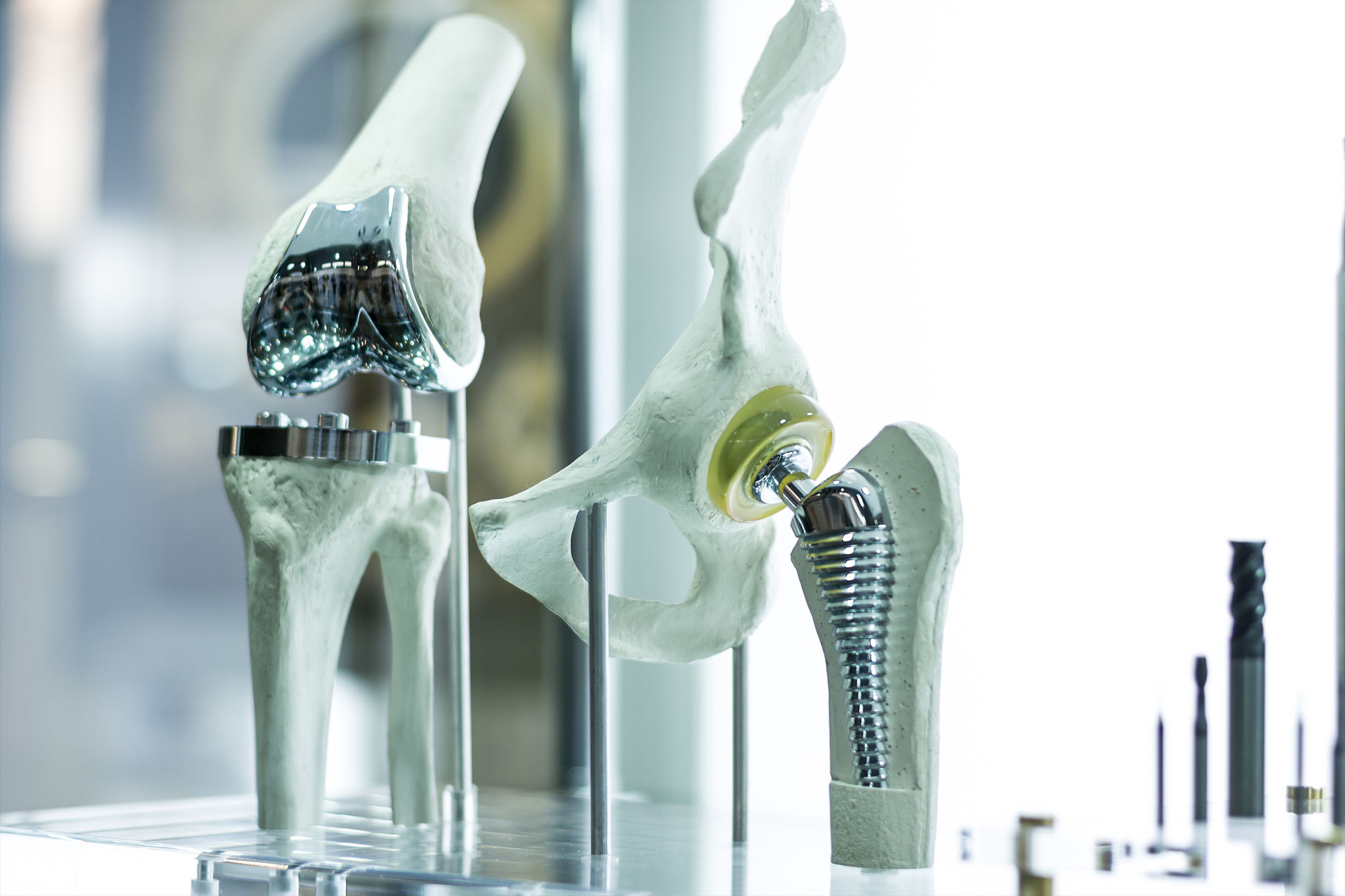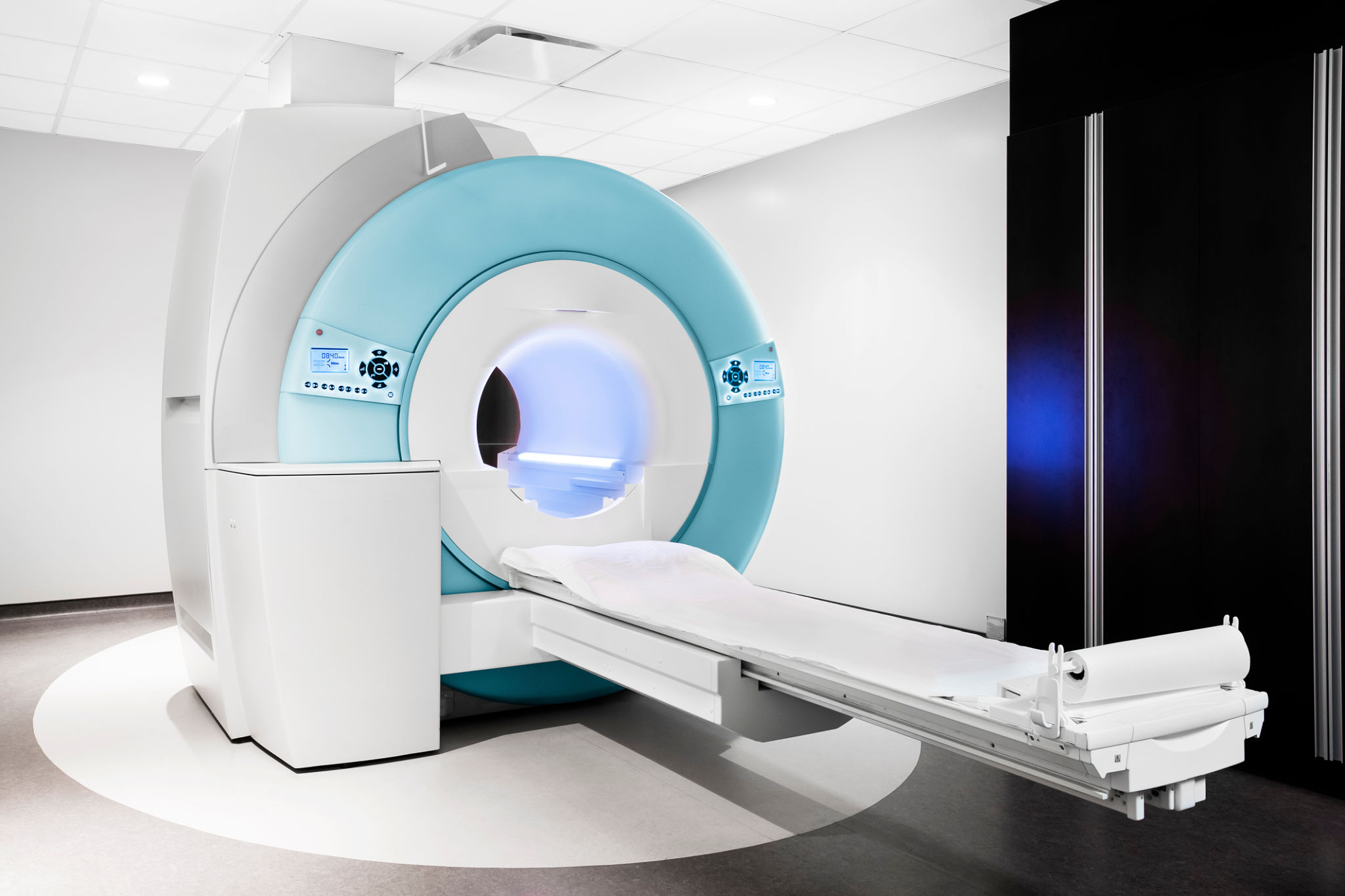Debunking Common MRI Myths: What You Really Need to Know
Understanding MRI: A Safe and Non-Invasive Procedure
Magnetic Resonance Imaging (MRI) is often shrouded in mystery, leading to several myths and misconceptions. These myths can create unnecessary anxiety for patients who might benefit from this advanced diagnostic tool. In this blog post, we aim to debunk common MRI myths and provide you with the facts you need to feel confident about the procedure.

Myth 1: MRI Scans Are Dangerous Due to Radiation
A prevalent myth about MRIs is the belief that they emit harmful radiation. This is completely false. Unlike X-rays or CT scans, MRIs use a powerful magnetic field and radio waves to create detailed images of the body’s internal structures. This means there is no ionizing radiation involved, making MRIs a safe and non-invasive diagnostic option.
Myth 2: MRI Scans Are Unbearably Loud
While it’s true that MRI machines can produce loud noises during a scan, this doesn’t mean you’ll be subjected to unbearable noise. Technological advancements have significantly reduced the sound levels within the scanner. Additionally, patients are usually provided with earplugs or headphones to further minimize any discomfort caused by the noise.
Myth 3: Only People With Metal Implants Can’t Have an MRI
While it's true that some metal implants can interfere with the MRI's magnetic field, not all metals will prevent you from having a scan. Modern medical implants are often designed to be MRI-compatible. It’s crucial to inform your doctor about any implants, so they can determine the safest course of action for your specific situation.

Preparing for Your MRI: What to Expect
Understanding what happens during an MRI can help alleviate anxiety and prepare you for the experience. Here’s a step-by-step guide to what you can expect:
- Consultation: Your doctor will explain the procedure and address any concerns you may have.
- Preparation: You may need to change into a hospital gown and remove any metal objects such as jewelry or watches.
- The Scan: You'll lie on a table that slides into the MRI machine. The scan typically takes 15 to 90 minutes, depending on the area being examined.
- Post-Scan: After the scan, you can resume normal activities immediately unless your doctor advises otherwise.
Myth 4: Claustrophobia Makes MRIs Impossible
Many people worry that their claustrophobia will make it impossible to undergo an MRI. However, open MRI machines offer a more spacious alternative for those who are uncomfortable in confined spaces. Additionally, some facilities provide sedation options to help relax patients during the procedure.

Myth 5: MRIs Are Only for Diagnosing Brain and Spinal Issues
Though MRIs are commonly used for brain and spinal diagnostics, their applications extend far beyond these areas. MRIs can evaluate joint issues, abdominal problems, blood vessel conditions, and even soft tissue injuries throughout the body. This versatility makes MRIs an invaluable tool in modern medicine.
By debunking these common MRI myths, we hope to provide clarity and peace of mind for anyone considering or scheduled for this imaging procedure. Equipped with accurate information, you can approach your MRI with confidence and understanding.
